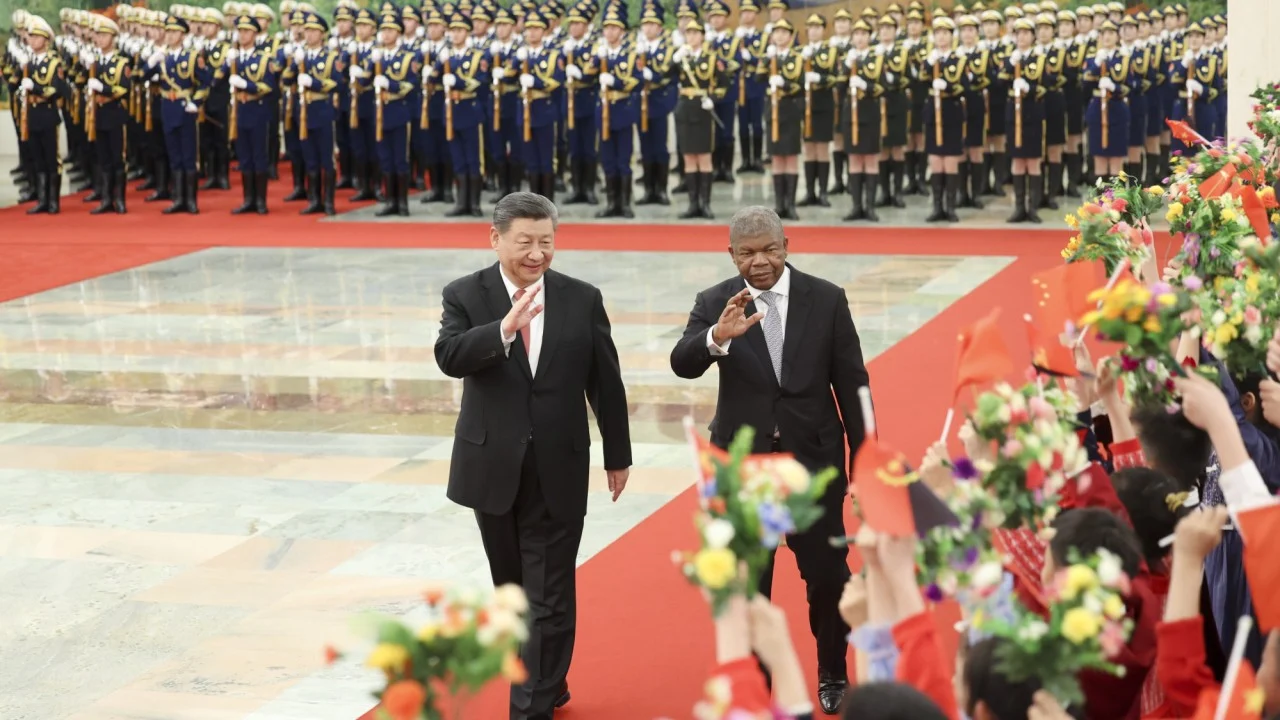President Joe Biden is making his long-awaited visit to Africa, focusing on the U.S.-backed redevelopment of the Lobito Corridor railway, which spans Zambia, Congo, and Angola. This project is a key effort to enhance U.S. influence in a region critical for sourcing minerals essential to clean energy technologies, countering China’s dominance in Africa’s mineral-rich markets.
A New Approach to U.S.-Africa Relations
The $2.5 billion railway upgrade marks a shift in U.S. engagement in Africa, drawing comparisons to China’s Belt and Road Initiative. The project, a centerpiece of Biden’s foreign policy, seeks to connect African mineral resources to global markets while promoting economic growth and regional stability.
During his three-day trip to Angola, Biden will emphasize the Lobito Corridor’s significance and announce initiatives in health, agribusiness, and security cooperation.
Challenges and Opportunities
The Lobito Corridor showcases potential for U.S.-Africa partnerships. It represents a rare diplomatic win for the U.S., with a Western consortium securing the railway redevelopment bid over Chinese competitors in 2022. However, China remains a dominant player in African mining, particularly in Congo, which supplies over 70% of the world’s cobalt.
While Biden’s visit aims to strengthen U.S. ties with Africa, critics argue it’s insufficient compared to China’s sustained engagement, including regular Africa summits since 2000.
The Future of U.S. Engagement
The sustainability of U.S. efforts in Africa will likely depend on the next administration. Analysts suggest that projects like the Lobito Corridor, tied to bipartisan concerns over China’s global influence, may continue regardless of leadership changes. However, experts like Michelle Gavin caution that more consistent and comprehensive engagement is needed to truly reshape U.S.-Africa relations.
Biden’s visit is a step toward addressing Africa’s strategic importance, but many view it as just the beginning of a broader effort to compete with China and forge deeper partnerships on the continent.



